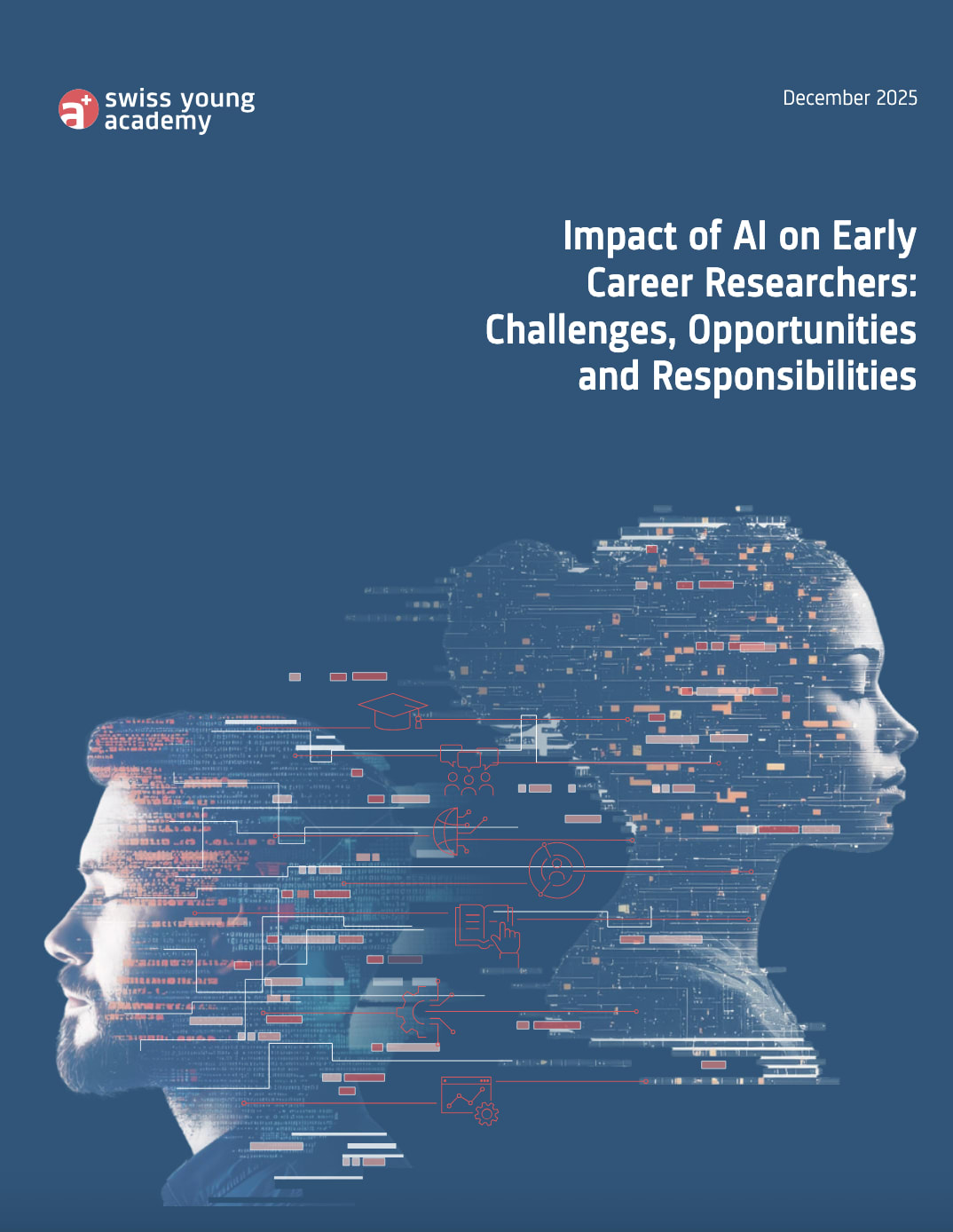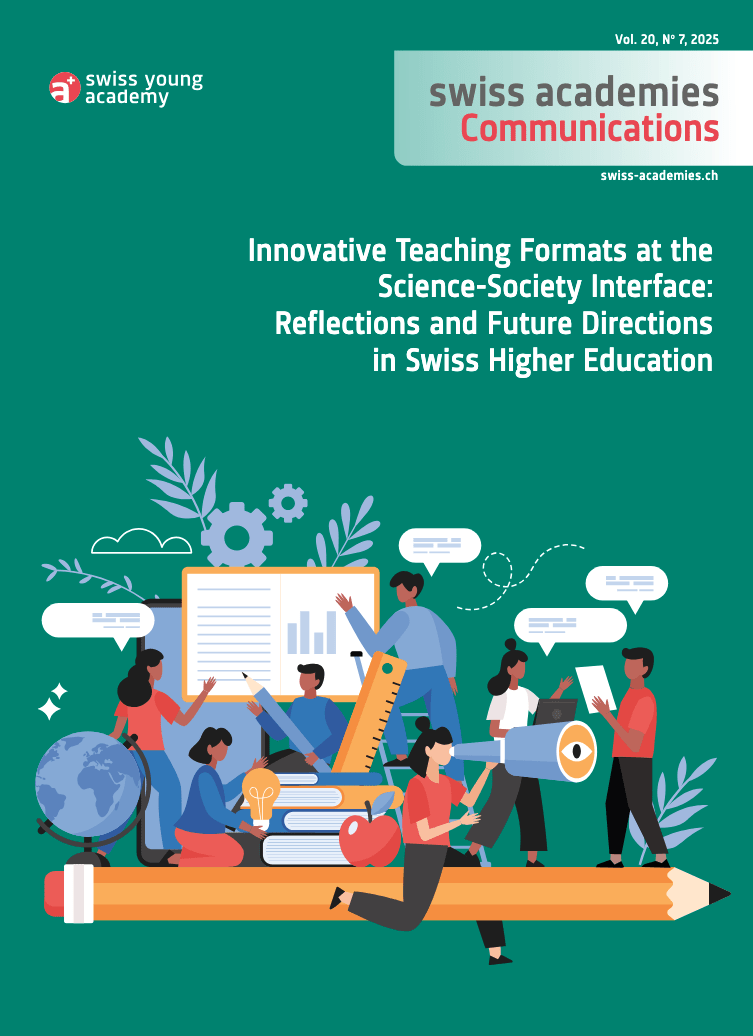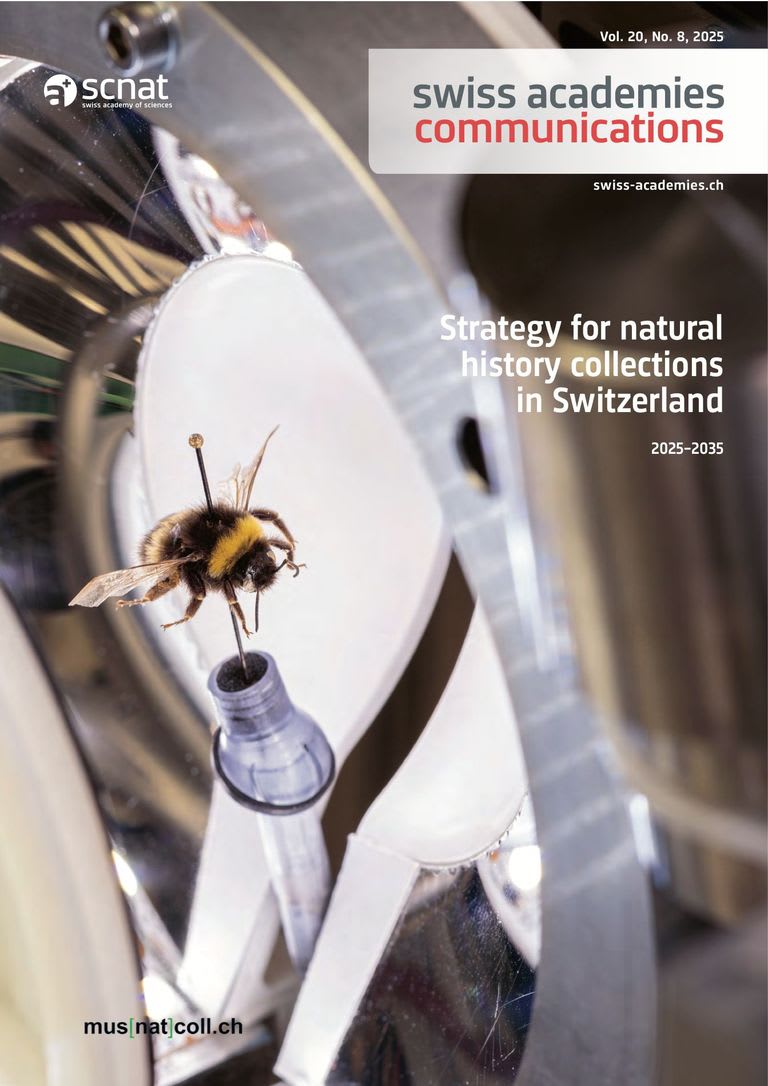Swiss Academies of Arts and Sciences
A sea of change: Europe’s future in the Atlantic realm
A new European expert report assesses the latest knowledge on ocean issues and its implications for Europe.
A key finding: the state of the Atlantic adds a layer of variability to local sea level rise in Europe, and the massive loss of ice mass in the Antarctic due to climate change suffices to affect the gravitational pull on the oceans so that they move towards the Northern Hemisphere. Other effects of increasing CO2 levels in the atmosphere are increased acidification of the world’s oceans and reduced fishery yields.
This report of the European Academies Science Advisory Council (EASAC) is launched on the occasion of the UN World Oceans Day on 8 June, thereby emphasising that the health of the oceans is intimately tied to our health.




